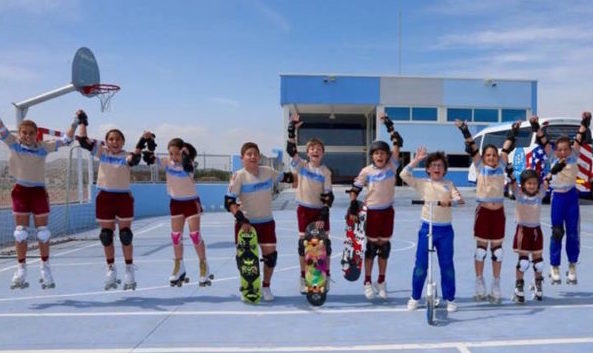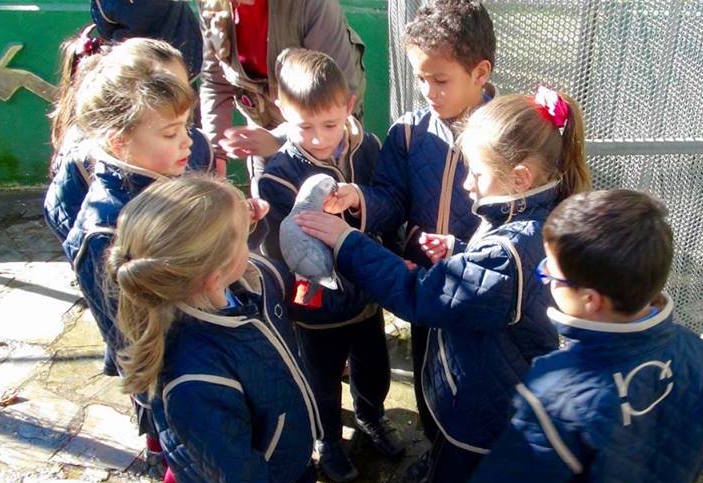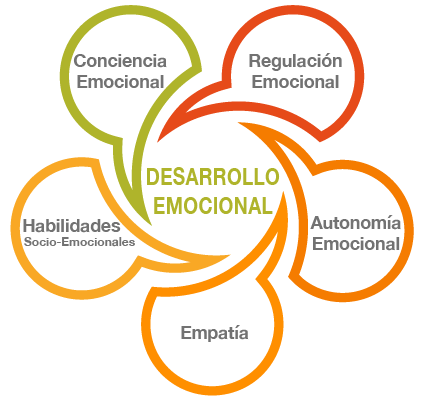Emotional Education
The emotional education is a constant and permanent education process which tries to boost the emotional development as an essential complement to the cognitive development, both being essential elements in the development of the global personality.
In order to achieve that, we suggest the development of emotional knowledge and abilities with the purpose of preparing the person to face everyday life challenges correctly. All of this has the aim to improve the personal and social well-being.
In International School Peniscola we understand that the emotional education is a constant and permanent education process, because it has to be present throughout all the academic curriculum and throughout all life.


In ISP we understand that the emotional education is a constant and permanent education process, because it has to be present throughout all the academic curriculum and throughout all life.
The Emotional Education is present in all the stages, from ISP Baby Garden until ISP Bachillerato.
In this stage of International Primary School Peniscola (children aged 6 to 11), in the emotional development of the student from the age of 6 on, there is a raise in: the fields of interest, knowledge, school influence, environmental curiosity, socialisation, drawings as a means of expression, more competitive group games and their speed, precision, balance and strength. At the same time, there is a reduction of: fantasy, egocentricity and solitaire play, which are very important elements in the stage of Pre-school.
The emotional development in this stage is focused on 5 sections:
1- Emotion awareness. A significant ability to understand their own emotions and the ones from the others is developed.
2- Regulation of emotions. Throughout this stage, they acquire the ability to regulate their emotional lives, improving self-control, regulation and communication.
3- Emotional autonomy. Between the age of 6 and 8, the self is defined by comparing themselves to the self of the past. However, between the age of 8 and 12, it is incorporated the social comparison (myself – my schoolmates)
4- Empathy. Understanding others’ emotions is the base of empathy and social development.
5- Socio-emotional skills. In order to have friends, it is necessary to get to know the others, communicate themselves, show the positive and negative emotions wisely and be able to accept what the others feel.





